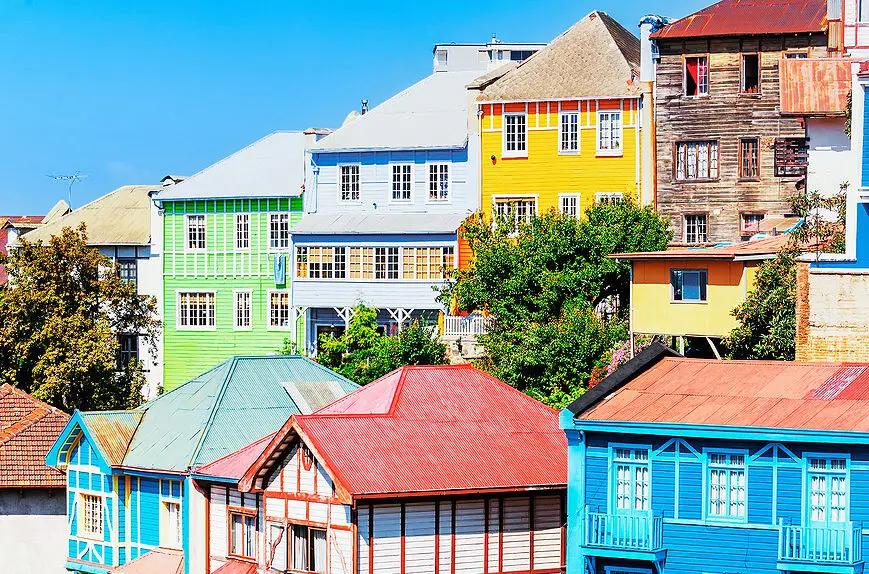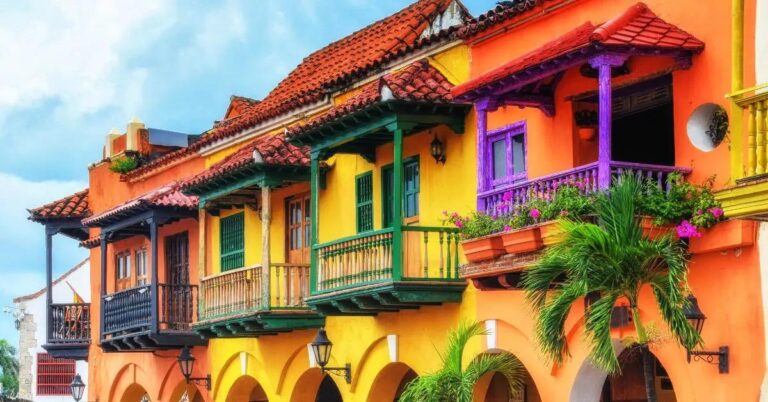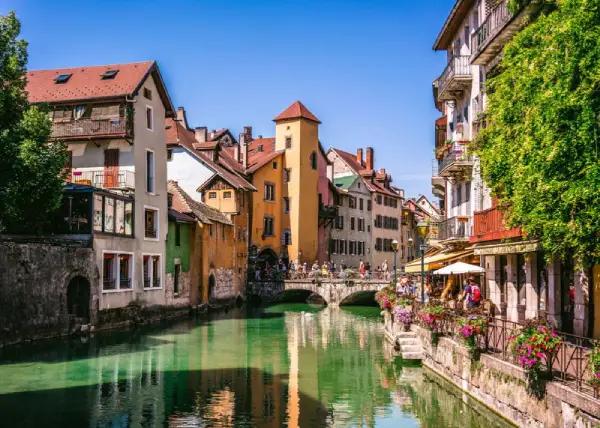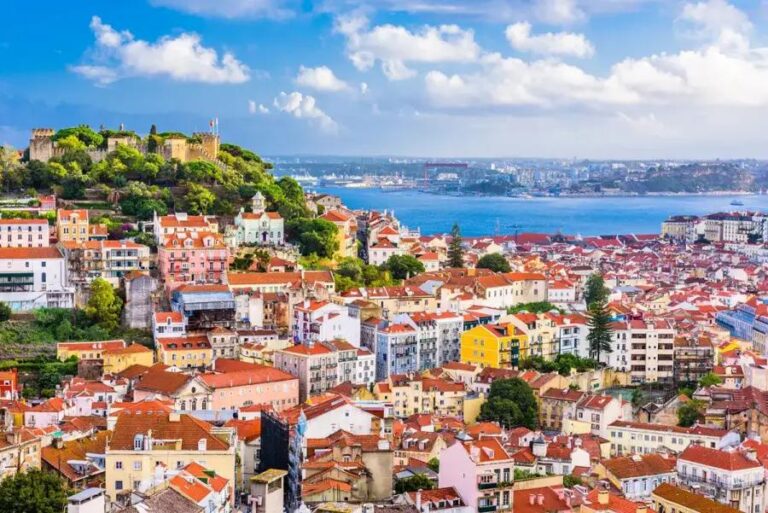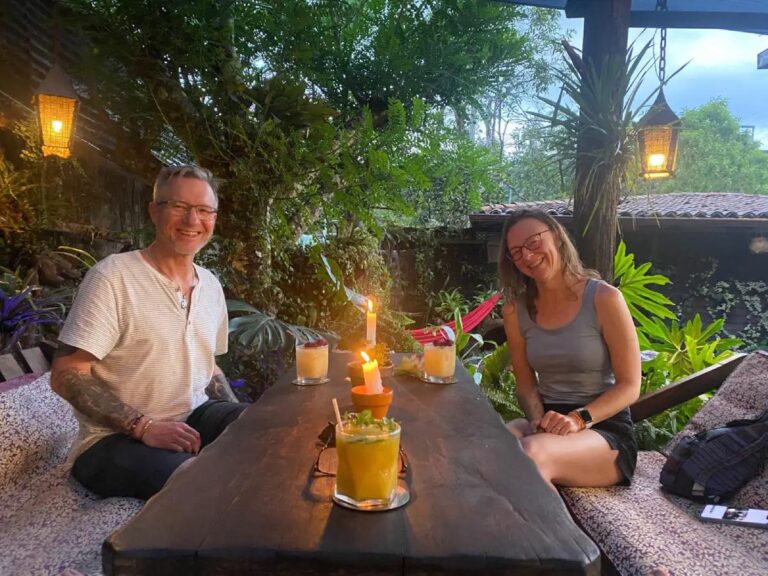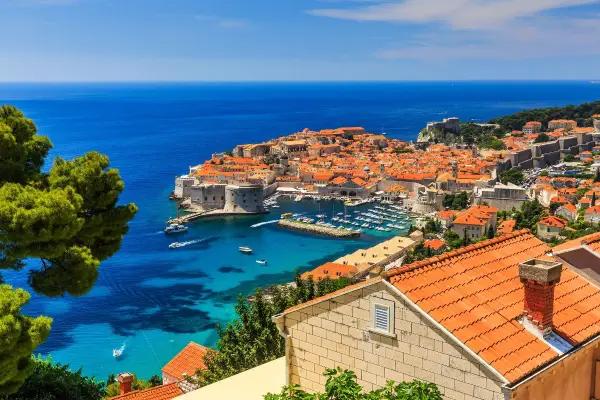TL;DR:
- Housing Costs:
- Santiago: $450/mo for 1-bedroom apartment; $200,000 for average house.
- Valparaiso: $300/mo for 1-bedroom apartment; $400/mo for 2-bedroom.
- Talca: Houses around $100,000.
- Coastal areas like La Serena offer affordable options.
- Concepcion: $350/mo for 2-bedroom apartment.
- Rancagua: $600/mo for a house.
- Utilities & Maintenance: Around $100 monthly.
- Real Estate: Use resources like Mondinion to research; visit Chile before deciding.
- Cost of Living:
- Chile is 25-30% cheaper than the USA.
- Living on $1,000/mo is tight; $1,500-$2,000/mo is more comfortable.
- Groceries: $200/mo.
- Eating Out: $10-$20/meal.
- Healthcare: $50-$100/mo for private insurance.
- Public Transport: $30/mo pass.
- Entertainment: Movie ticket $6, gym $30/mo.
- Tips: Shop locally, use public transport, compare healthcare plans, enjoy free activities.
Are you dreaming about retiring in Chile but worried about your budget? Well, you’re in luck! In this post, I’ll dive into the real cost of living in Chile for retirees. From housing expenses in Santiago to everyday costs in Valparaiso, we’ll cover it all. Is Chile the affordable paradise retirees seek? Keep reading to find out!
What Are the Housing Costs in Chile for Retirees?
Housing Costs in Major Cities
Housing prices in Chile vary by city. In Santiago, the capital, rent is higher. A one-bedroom apartment here might cost you around $450 a month. Valparaiso is a coastal city with lower rent prices. Here, you can find a similar apartment for about $300 monthly. These prices make a big difference in your budget.
Buying vs Renting a Home
Deciding to buy or rent depends on your plans. Buying a home can cost more upfront. In Santiago, an average house costs around $200,000. Renting is cheaper each month but does not build equity. If you plan to stay long-term, buying might be better.
Average Property Prices
In smaller towns, property prices drop. In cities like Talca, you can find homes for $100,000. Coastal areas like La Serena also offer affordable options. These prices are attractive for retirees who want a slower pace of life.
Rent Prices for Apartments and Houses
Rent varies based on size and location. A two-bedroom apartment in Valparaiso is around $400 monthly. In Concepcion, you might pay $350. Renting a house in Rancagua could be about $600. These lower costs make Chile a good choice.
Cost of Utilities and Maintenance
Utilities are an added expense. On average, monthly utilities in Chile cost around $100. This includes water, electricity, and internet. Maintenance costs for homes also add up. Plan for these when budgeting your expenses.
Affordable Housing Options
Chile has many affordable housing options. Look at neighborhoods outside major cities. Places like Chillan and Osorno provide good value. These areas offer lower prices and quiet living.
Navigating the Real Estate Market
Understanding the real estate market helps. Many resources and agents can guide you. Websites like Mondinion list available homes. It’s wise to visit Chile and see properties yourself before deciding.
Popular Neighborhoods for Retirees
Certain neighborhoods attract retirees. In Santiago, Providencia and Las Condes are popular. Valparaiso has Cerro Alegre, known for its charm. Pick a place that matches your lifestyle. This choice can enhance your retirement experience.
How Much Does Daily Life in Chile Cost for Retirees?
When living in Chile as a retiree, understanding monthly expenses is key. Let’s break it down.
Cost of Living in Chile vs. USA
First, how does the cost of living for retirees compare to the USA? Chile is cheaper. On average, you can save about 25-30% if you live in Chile.
Living on $1000 a Month
Can you live on $1000 a month in Chile? Yes, but it’s tight. You need to stick to a strict budget. For a more comfortable lifestyle, aim for around $1500 to $2000 a month.
Monthly Expenses Breakdown
Let’s talk about average monthly expenses in Chile.
- Groceries: The cost of groceries in Chile is lower than in the USA. Expect to spend around $200 monthly on essentials.
- Eating Out: Restaurant prices in Chile are reasonable. A meal out costs about $10-$20.
- Healthcare: Healthcare expenses in Chile are affordable. Private insurance plans can range from $50 to $100 monthly.
- Transportation: Public transportation costs in Chile are low. A monthly pass is around $30.
- Utilities: Utility bills, including electricity, water, and internet, cost around $100.
Entertainment and Leisure
Entertainment costs in Chile vary. A movie ticket is about $6. Monthly gym memberships are around $30. Museums and public events are often cheap or free.
Comparing Monthly Costs With USA
How do these compare with the USA? In the States, similar monthly expenses are much higher. Groceries, healthcare, and utilities alone can cost double.
Tips for Managing Budget
Managing a retiree budget in Chile is important. Here are some tips:
- Shop locally: Buy local produce and avoid imported goods to save money.
- Use public transport: It’s cheaper than owning a car.
- Compare healthcare plans: Look for the ones that suit your needs best.
- Enjoy free activities: Many cultural events are free or low-cost.
Living comfortably in Chile as a retiree is quite possible with careful planning and wise spending.
Conclusion
Living in Chile offers a mix of vibrant culture and affordably-priced living options. We discussed the costs of housing in cities like Santiago and Valparaiso, comparing buying versus renting. We covered the average prices, utilities, and affordable options. We also explored daily living expenses such as groceries, healthcare, and transportation. Chile offers retirees a chance to live comfortably without breaking the bank. Dive into local customs, and you’ll feel at home in no time. Embrace the local community and enjoy the unique lifestyle Chile offers.

